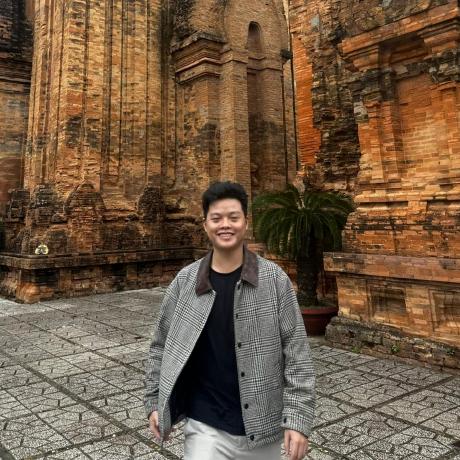Discover and explore top open-source AI tools and projects—updated daily.
llm-server-docs by  varunvasudeva1
varunvasudeva1
Docs for local LLM server setup on Debian
Top 48.7% on SourcePulse
This repository provides a comprehensive guide for setting up a fully local and private language model server on Debian. It targets Linux beginners and enthusiasts looking to integrate LLM inference, chat interfaces, text-to-speech, and text-to-image generation into a single, cohesive system. The primary benefit is achieving a cloud-like experience for AI applications without relying on external services, ensuring data privacy and control.
How It Works
The setup involves installing and configuring multiple components: inference engines (Ollama, llama.cpp, vLLM), a chat platform (Open WebUI), a text-to-speech server (OpenedAI Speech or Kokoro FastAPI), and a text-to-image server (ComfyUI). The guide emphasizes Debian as the base OS, detailing driver installation (Nvidia/AMD), power management for GPUs, auto-login, and service management via systemd or Docker. It offers choices between inference backends based on user needs for control, model format support, and features like vision capabilities.
Quick Start & Requirements
- Installation: Primarily uses
aptfor system packages anddockerfor most applications. Inference engines like llama.cpp and vLLM require manual compilation or pip installation. - Prerequisites: Debian Linux, Internet connection, basic Linux terminal knowledge, monitor/keyboard/mouse for initial setup.
- Hardware: Any modern CPU/GPU combination; Nvidia RTX 3090 (24GB VRAM) recommended for reference. AMD GPU support is noted. CPU-only inference is possible.
- Dependencies: Docker, HuggingFace CLI (for llama.cpp/vLLM), Python virtual environments.
- Resources: Requires significant disk space for models and sufficient RAM/VRAM for LLM inference.
- Links: Debian, Docker, Ollama, llama.cpp, vLLM, Open WebUI, OpenedAI Speech, Kokoro FastAPI, ComfyUI.
Highlighted Details
- Comprehensive integration of LLM inference, chat, TTS, and image generation.
- Detailed setup for Nvidia and AMD GPUs, including driver installation and CUDA configuration.
- Choice of inference engines: Ollama (ease of use), llama.cpp (control), vLLM (advanced features, non-GGUF models).
- Remote access via SSH and Tailscale for headless operation.
Maintenance & Community
The repository is maintained by varunvasudeva1. It references community projects and encourages contributions and stars. Updates are provided for core components like Ollama, Open WebUI, and inference engines.
Licensing & Compatibility
The repository itself does not specify a license, but it guides the setup of projects with various open-source licenses (MIT, Apache 2.0, etc.). Compatibility for commercial use depends on the licenses of the individual components used.
Limitations & Caveats
The guide is tailored for Debian and may require adjustments for other Linux distributions. It assumes a level of comfort with the Linux terminal, though it aims to be beginner-friendly. Some steps, like GPU driver installation and CUDA path configuration, can be complex. The author notes this is their first server setup, implying potential for improved methods.
3 weeks ago
Inactive

 MaxHastings
MaxHastings kambo-1st
kambo-1st teilomillet
teilomillet wpydcr
wpydcr ilsilfverskiold
ilsilfverskiold bramses
bramses vndee
vndee fufankeji
fufankeji nichtdax
nichtdax underlines
underlines InternLM
InternLM datawhalechina
datawhalechina